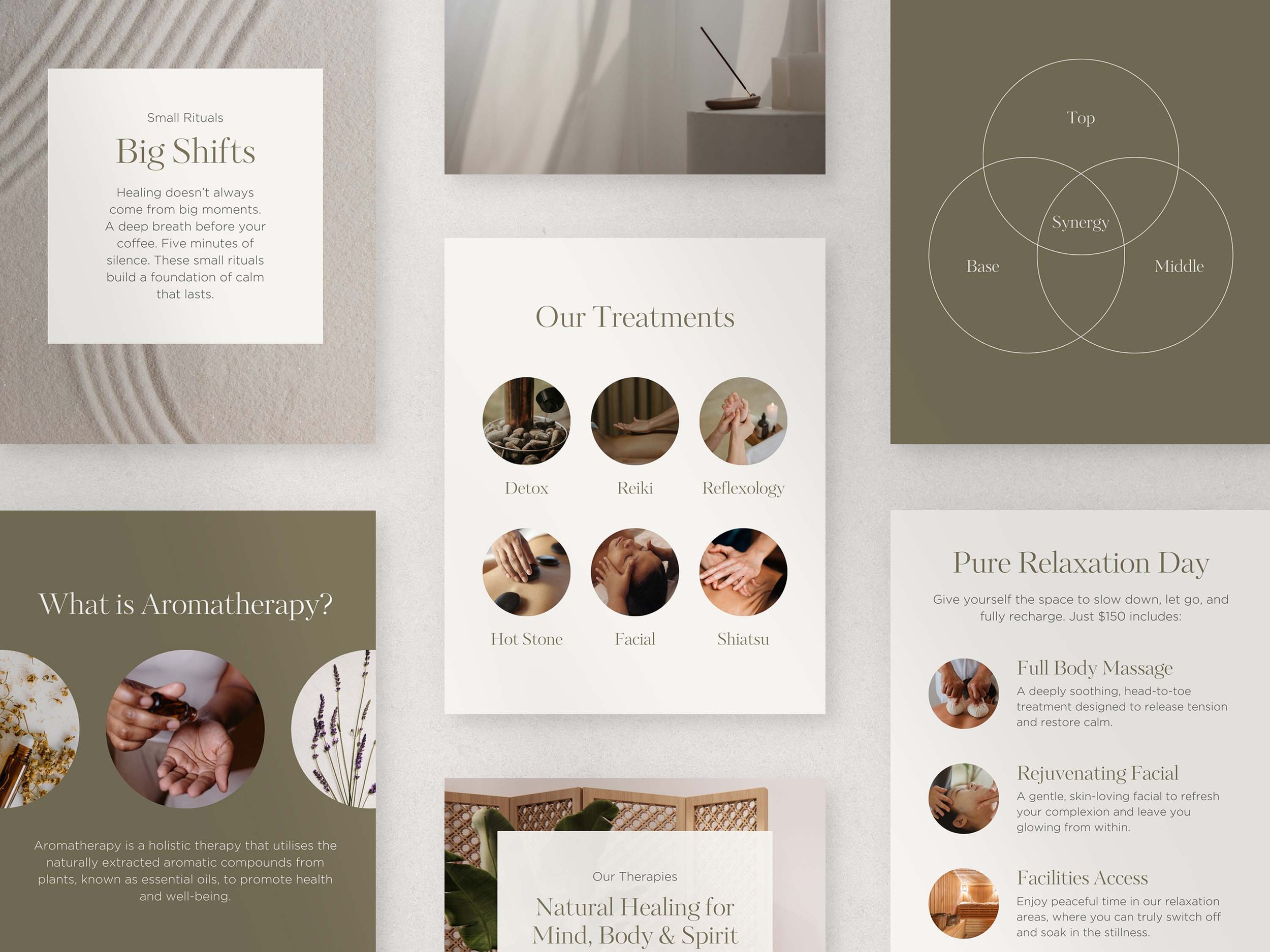Marketing Foundations: Picking the Perfect Social Media Platform
A strong social media presence is essential for promoting your business and connecting with clients, but with so many different platforms available, knowing where to start can sometimes feel a little overwhelming. How do you know which platform is right for you, and how can you use it to your best advantage?
The Who
First things first, let’s start by determining your target audience. Consider factors such as age, location, interests and their needs and pain points in relation to your business. Different platforms tend to be favoured by different demographics, so take this into consideration when selecting a platform.
The Where
Once you know who you are trying to reach, you can figure out where they tend to hang out online. For example:
Instagram is used by people of all ages and backgrounds around the world - although most popular with 18-34 year olds - and is great for sharing visual content.
TikTok is a popular short-form video platform that can be used to reach a broad, global audience, specifically young adults and millennials aged 18-34.
Facebook is a great information sharing platform that can be used to reach families and local communities, mainly within the age range of 25-54.
Pinterest is favoured by women aged 18-34 for visual discovery, inspiration boards and planning or organising trips and events.
Snapchat is primarily used by teens and young adults (ages 13-24) to create “ephemeral” visual content.
X (formerly Twitter) has a mainly male demographic of 18-34 year olds, used for news consumption, political discussion and entertainment.
Youtube’s long-form video format is popular with people of all ages around the world, particularly those aged 18-34.
LinkedIn is a professional networking site that is popular with corporate clients, mostly aged 25-54.
The How
Now that you have a better understanding of where you’ll be able to reach your target audience, ensure that you create content that is relevant to them, relevant to your business and relevant to the platform. As well as considering what you intend your content to do (e.g. inform, educate, inspire), think about content types, such as:
Posts
A picture or image, usually with a relevant caption
Used on Instagram, Facebook, Pinterest, LinkedIn and X
Often used to share product or service information, offers, news and updates
Stories
Short, vertical videos or images that disappear after 24 hours
Popular on Snapchat, Instagram, and Facebook
Often used to share everyday moments, behind-the-scenes content, and product demos
Short-Form Videos
Videos (or “reels”) that are less than 10 minutes long
On YouTube, TikTok, Instagram, X, LinkedIn and Pinterest
Often used to share educational, informative, and entertaining content
Long-Form Videos
Videos that are longer than 10 minutes
YouTube and Facebook
Often used to share documentaries, lectures, and tutorials
Live Feeds
Streams of content that are personalised to each user
Popular on Facebook, X, Instagram and TikTok
Often used to share news, updates, and recommendations
And another thing…
Now that you’re up and running on social media and creating relevant content like the pro that you are, don’t forget to engage with your audience. Responding to comments promptly, encouraging discussions and even running contests and giveaways will help you build relationships and increase your chances of business success.
Looking to save time on design without compromising on quality? Check out our social media templates below!







